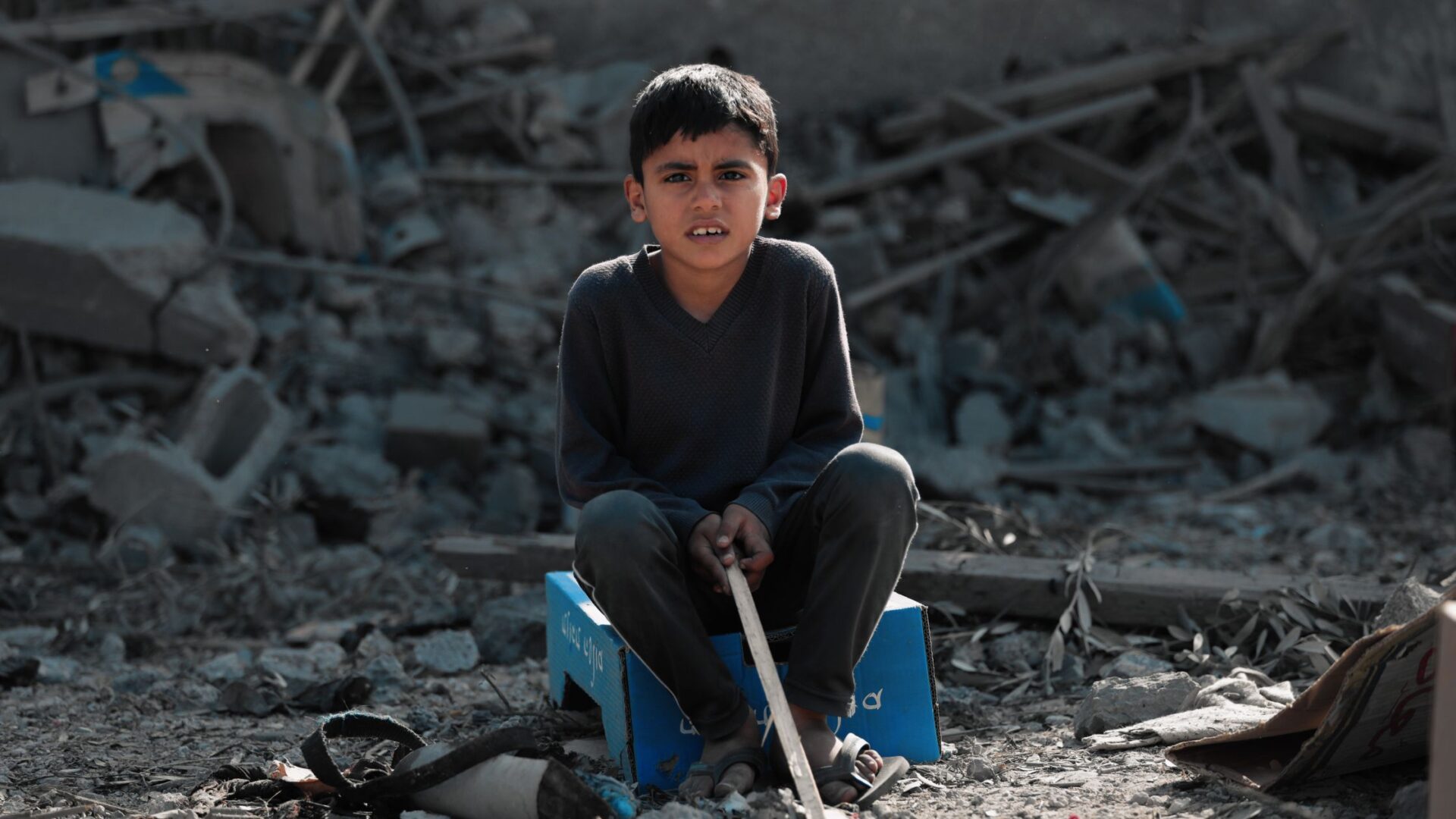Key Takeaways:
- Large pro-Palestinian protests have erupted in many Italian cities.
- Demonstrators are angry about Israel’s actions in Gaza.
- Some protests turned violent with clashes and arrests.
- Pressure is growing on Prime Minister Giorgia Meloni to shift her stance.
- The Italian government has not recognized a Palestinian state.
Pro-Palestinian Protests Rock Italy
Pro-Palestinian protests are growing fast in Italy, and tensions are getting higher every day. In cities like Rome, Milan, Naples, and Florence, thousands of people have taken to the streets to voice anger over Israel’s military actions in Gaza.
These protests started peacefully but have turned violent in some places. Demonstrators clashed with police, blocked roads, and damaged property. Protesters are urging the Italian government to change its stance—and many want Prime Minister Giorgia Meloni to support Palestinian statehood.
Let’s take a closer look at what’s happening and why these protests are spreading quickly across the country.
Why Are People Protesting?
The recent rise in pro-Palestinian protests comes in response to Israel’s latest military operations in Gaza. Activists, students, and civil rights groups say the violence has led to too many civilian deaths. Many protestors feel that Italy is being too quiet or even supportive of Israel, adding to their frustration.
They are also angry because Prime Minister Meloni has firmly refused calls to recognize Palestine as a state. Many people believe that showing support for Palestinians is not just political—it’s personal. Protesters are demanding peace, justice, and equal rights.
“I can’t sit and watch what’s happening in Gaza,” said Sara, a 19-year-old student in Milan. “Our leaders must speak up.”
How Big Are These Protests?
The pro-Palestinian protests in Italy have grown quickly. In Rome, over 10,000 people marched through the streets. Demonstrators waved Palestinian flags, chanted slogans, and carried signs calling for justice and peace.
In Milan, another large protest turned chaotic when demonstrators tried to block the entrance to a political office. Police in riot gear moved in. Dozens were arrested, and some needed medical help after clashes broke out.
Smaller protests have also shown up in towns and high schools. Students have even walked out of classes to show support for Palestine.
Government’s Reaction So Far
So far, Prime Minister Giorgia Meloni and her government have stuck to their original position. They support Israel as a key ally and believe any decision about Palestinian statehood should happen through diplomatic steps—not demonstrations.
However, the pressure is rising. Protesters, opposition politicians, and even some international voices are calling on Italy to join countries like Norway, Spain, and Ireland, who recently recognized the State of Palestine.
Still, Meloni has not changed her view. In a recent news conference, she urged Italians to remain calm and respect the rule of law, saying, “We must not allow violence to divide us.”
Violence and Tensions Grow
While most of the protests started as peaceful marches, some turned violent when emotions boiled over. In Naples, several police cars were damaged. In Bologna, groups of young people clashed with security outside a train station.
Many Italians are concerned that the unrest might only grow worse if the government continues to avoid the issue. Social media has also played a big role in fueling outrage. Videos of violence in Gaza and police actions at protests are being shared and commented on thousands of times each day.
One high school teacher in Florence shared, “My students are deeply emotional about this. They bring the conflict into class discussions. It’s no longer something happening far away.”
The Role of Youth in the Movement
Young people are behind many of these protests. Many high school and university students see themselves as global citizens. They feel connected to what happens in Palestine and want their voices to be heard.
Some student groups have even organized sit-ins, writing campaigns, and online petitions to pressure the government. They believe that keeping silent makes people part of the problem.
Luca, a 17-year-old from Turin, said, “If we don’t speak for justice now, we’ll regret it later.”
Is Meloni’s Government at Risk?
This wave of pro-Palestinian protests has put Meloni and her party under new political pressure. Critics say the government’s current stance is driving a wedge between the leadership and everyday Italians, especially the younger generation.
Opposition parties in Italy’s parliament are using the protests to demand debates and action. Some members are even pushing for an official vote on recognizing Palestine.
While there is no sign of a major government collapse, the growing unrest shows that public opinion can have real influence. If the protests continue, they could shape Italy’s international policies in the months ahead.
Looking Ahead: What Could Happen Next?
Nobody knows for sure what will happen next. The pro-Palestinian protests are still going strong—organizers have promised more marches in major cities.
At the same time, Italy’s government is under more global scrutiny. Leaders from the United Nations and European Union have urged countries to consider long-term peace solutions, which includes recognizing Palestinian statehood.
If more EU nations choose to recognize Palestine, Italy may eventually follow. But for now, Prime Minister Meloni says dialogue, not protest, should guide major foreign policy decisions.
The situation remains tense, and Italy is watching closely. As protests grow louder, the call for peace and justice becomes impossible to ignore.
FAQs
Why are there pro-Palestinian protests in Italy?
People are demonstrating because they are angry about Israel’s military actions in Gaza and want the Italian government to support Palestinians more openly.
Has Italy recognized Palestinian statehood?
No, Italy has not officially recognized a Palestinian state. Prime Minister Meloni says changes must happen through diplomatic talks, not protests.
Are the protests violent?
Most started peacefully, but some turned violent with clashes between police and protesters. Authorities have made arrests and tried to keep order.
What do the protesters want?
They are calling for justice, peace, and recognition of Palestine as a state. Many also want Italy to speak out more clearly in favor of Palestinian rights.
